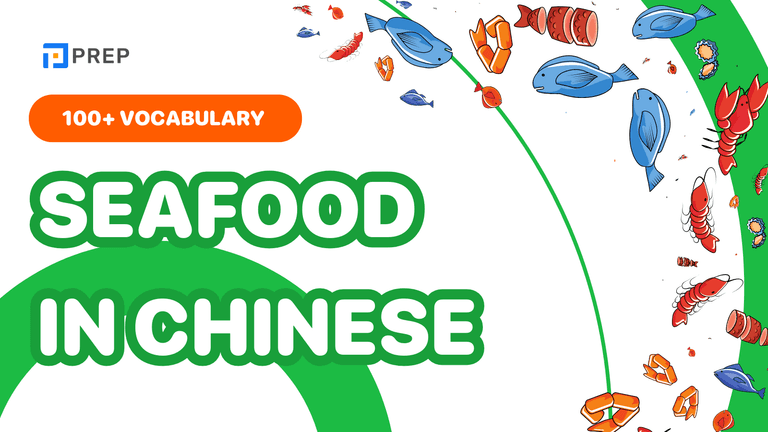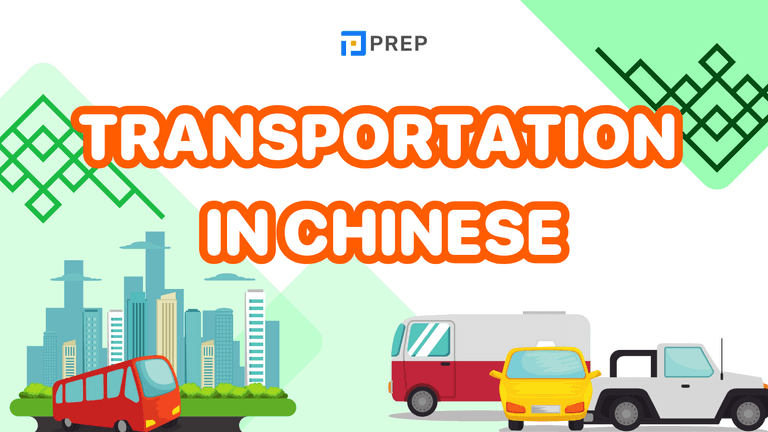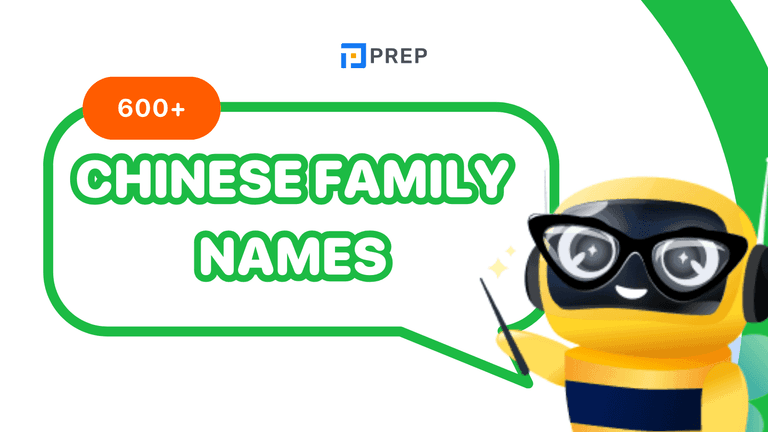Sample IELTS Speaking Part 2: Describe a program on a computer/a mobile app on the phone that you use
The sample IELTS Speaking Part 2 on the topic "Describe a program on a computer/a mobile app on the phone that you use" is explained in detail by the instructors at PREP. Refer to the following article to understand more about the development, and structure of the speech, and the useful vocabulary used in the Speaking Sample!
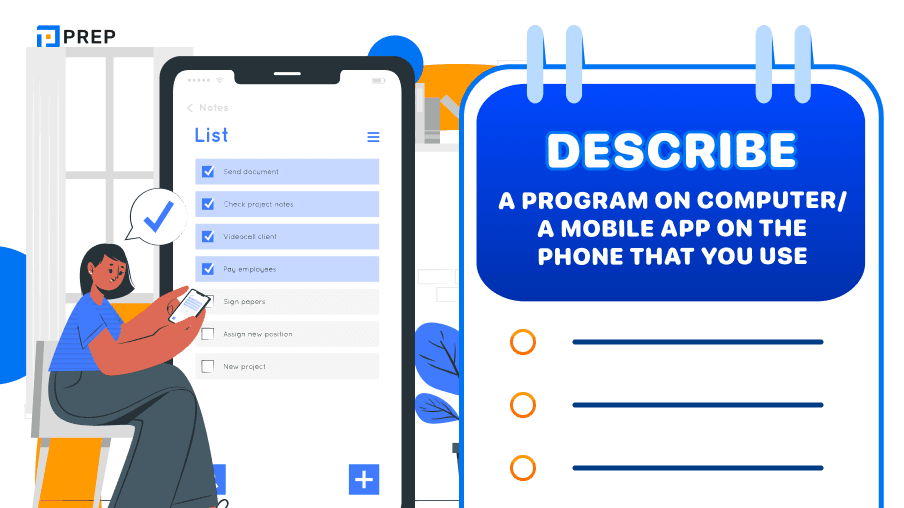
I. Sample response: Describe a program on a computer/a mobile app on the phone that you use
1. Cue card
Describe a program on a computer/a mobile app on the phone that you use. You should say:
- What the program/app is;
- When/where you found it;
- How you use it;
And explain how you feel about it.
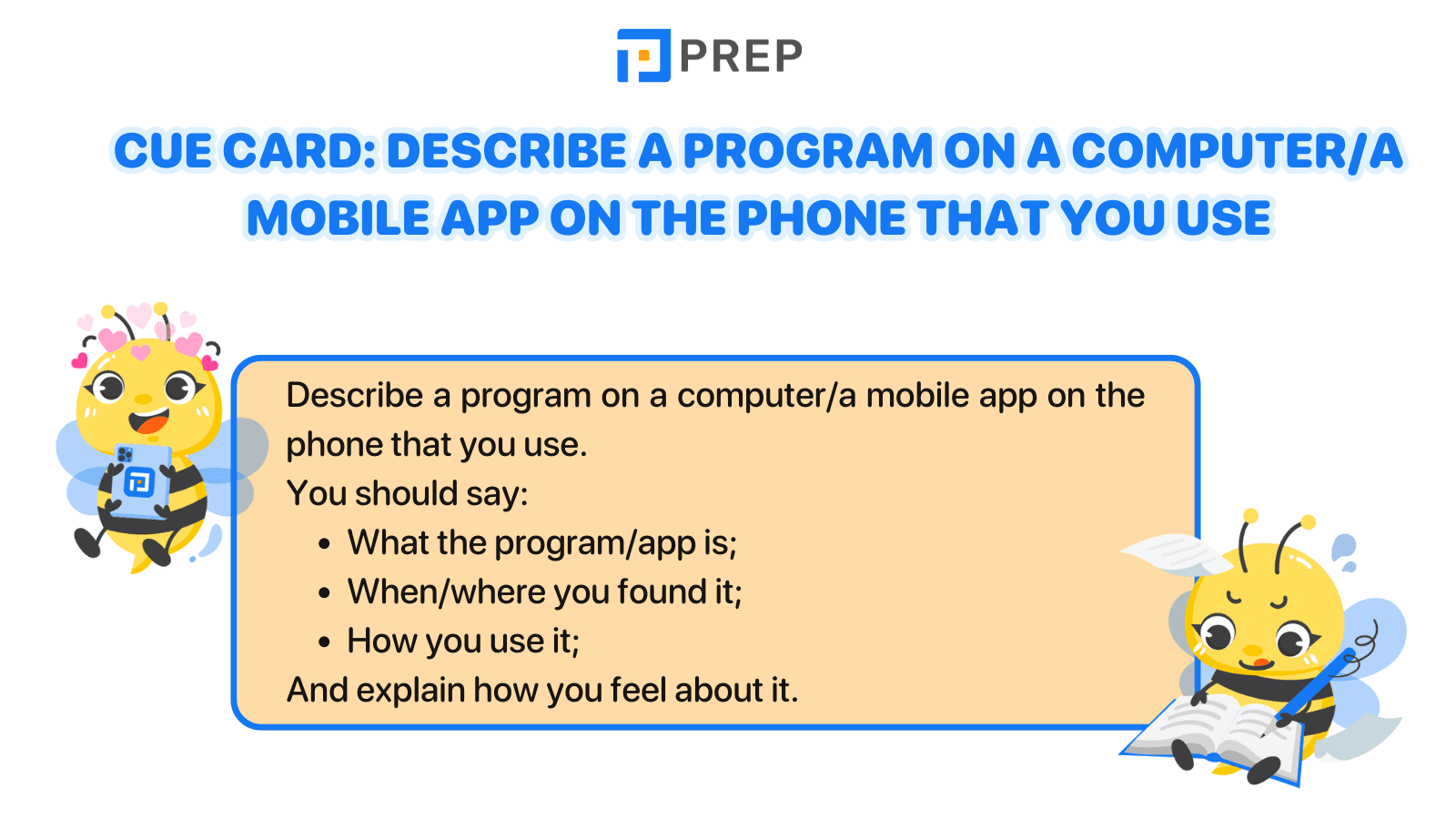
2. Sample Speaking Part 2
In the age of tech obsession like today, a smartphone teeming with a variety of useful apps is so crucial that those without it are immediately considered behind the time. I also have one of my own and the app that I find among the most beneficial for me is Google Maps - an app that assists in navigation.
Google Maps is the archetype of web mapping service so nearly every-one has a smartphone has to have it. I myself am no exception as when my parents bought me one during my secondary school years, I downloaded Google Maps right away.
Using Google Maps is not that hard because simply put, it's just an online map but the way you make use of that app is what matters. This app comes in handy to me mostly in self-navigation and route planning, especially when I am in an unfamiliar place like when I was a university freshman coming to Hanoi or traveling to a faraway destination.
Google Maps has helped me a great deal in familiarizing myself with the road system of a place and moulding me as "a living Google Maps", as my friends often call me. Before, I was just a freshman who was still wet behind the ears. But now that I use that app so often, I have come to know Hanoi like the back of my hand now, which really impresses my friends, even some of Hanoi-born ones. When it comes to traveling - my ultimate hobby, Google Maps is my best buddy in navigation, especially in some places with extremely complicated road systems like Dalat or Saigon.
So Google Maps seems to be part and parcel to me whenever on road. But just one small word to remember: Don't trust Google Maps every time because sometimes, it may lead you to some surprises, mostly not so pleasant.
Please refer to the following article:
Note: "You can use the sample 'Describe a program on a computer/a mobile app on the phone that you use' for other topics such as: 'Describe an app you use on your mobile phone,' 'Describe a mobile application that you would like to get rid of,' 'Describe a program or app on your computer or phone,' 'Describe a program or an app that you think is useful,'..."
II. Useful vocabulary in the sample
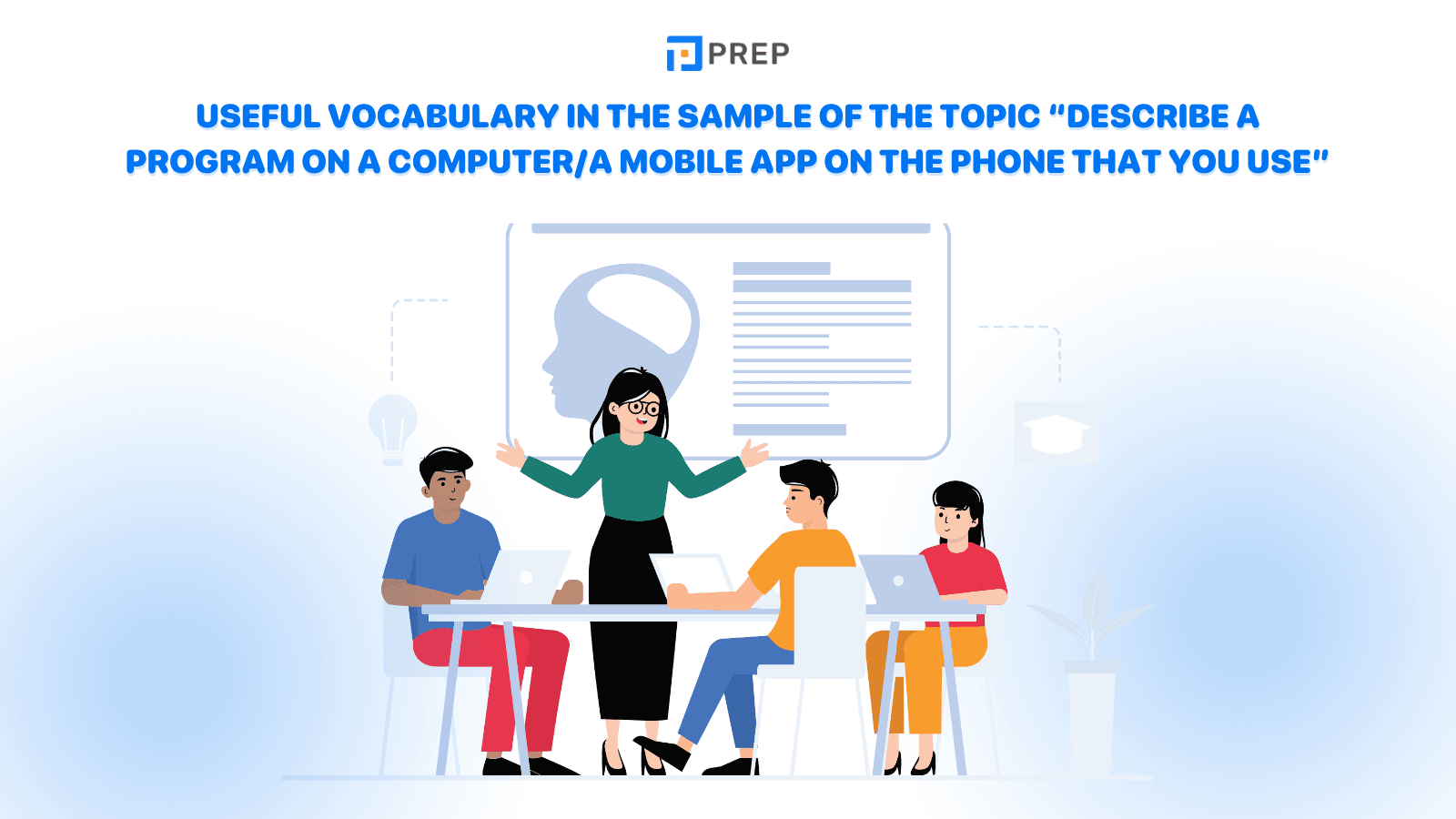
In IELTS Speaking Part 2, vocabulary is vital for conveying ideas clearly and precisely. It allows candidates to describe experiences vividly, provide detailed explanations, and maintain coherence in their speech. Strong vocabulary not only showcases language proficiency but also enhances the overall quality of the response, making it essential for success in this section of the exam.
Here is some useful English vocabulary that the instructors at PREP have used in the sample "Describe a program on a computer/a mobile app on the phone that you use":
- Tech obsession: a strong enthusiasm or addiction to technology.
- Teeming with: filled with, abundant with.
- Behind the time: outdated, not up to date.
- Archetype: a typical or representative example.
- Simply put: to explain something straightforwardly.
- Come in handy: to be useful or convenient.
- Wet behind the ears: inexperienced, lacking experience.
- Know something like the back of your hand: to be very familiar with something.
- Part and parcel: an essential or integral part.
III. Master IELTS Like a Pro
This article has provided a sample IELTS Speaking Part 2 on the topic "Describe a program on a computer/a mobile app on the phone that you use," explained by the instructors at PREP. If your goal is to achieve a Band 7 or higher, these IELTS resources are for you:
- IELTS online course: Score Big in IELTS With Our Expert Tips!

Hi I'm Chloe, and I am currently serving as an Product Content Administrator at Prep Education. With over five years of experience in independent online IELTS study and exam preparation, I am confident in my ability to support learners in achieving their highest possible scores.
Comment
Premium content
View allPersonalized roadmap
Most read




